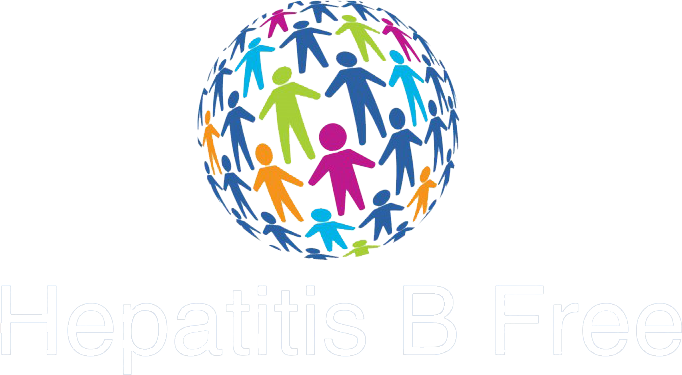Community testing in the Local Chinese Community
It was great to kick off our first community hepatitis B virus (HBV) point of care (POC) testing event for 2017 with the local Hurstville Chinese community, and with Hepatitis NSW. Untreated chronic HBV infection is the most common cause of cirrhosis and liver cancer. Regions in Asia have a high endemicity of chronic hepatitis B infection, ranging from 6% to 13% in China and Hong Kong. A high percentage of Asian immigrants in New South Wales have been previously exposed to, or are living with, chronic HBV infection. Hurstville is home to one of the largest Chinese communities in Sydney. The majority of residents in Hurstville were born overseas, with top countries of birth being China and Hong Kong. Thus, the Hurstville Chinese community is an important targets for our HBV screening program.
A presentation about HBV infection and prevention was provided to the community attendees, who were primarily first generation immigrants. Among 80 present in the audience, 18 (23%) were interested in having their HBV status tested. While helping them with registering with the screening program, volunteers provided them with information about HBV infection, vaccination and testing. It was surprising that a number of people reported having no regular general practitioner (GP). We know that GPs are the gateway to many health care services and a rich resource of health knowledge. It was a great opportunity for us to convey important messages about primary care in Australia.
Stigma and fear prevent individuals from seeking screening, prevention and treatment. Because stigma has been shown to exert substantial influence on health behaviour in Chinese society, reducing HBV stigma may have a positive impact on screening behaviour. In addition to specific strategies to reduce stigma, we believe enhancing awareness and knowledge about HBV infection and its consequences may help improve rates of screening for HBV infection.
From the perspective of the students who volunteered, this event provided an experience-based learning opportunity in patient advocacy while providing health services to a local migrant community. The greatest impact of the experience was firsthand encounters with the local community members including practice in counselling and communication skills beyond the classroom. In addition, volunteers found that providing services to immigrant community contributed to social awareness, compassion and confidence building. Therefore, we believe volunteer activities play a valuable role in instilling positive attitudes and improving skills for students, particularly those studying health professions such as medicine, nursing and allied health.
We would like to thank Secretary Melissa Kermeen for organising the event and student volunteers Rengen, Billy and Lucy for their participation.
Report by Lechuan (David) Wen, Stage 3 Medical Student, University of Sydney
References
